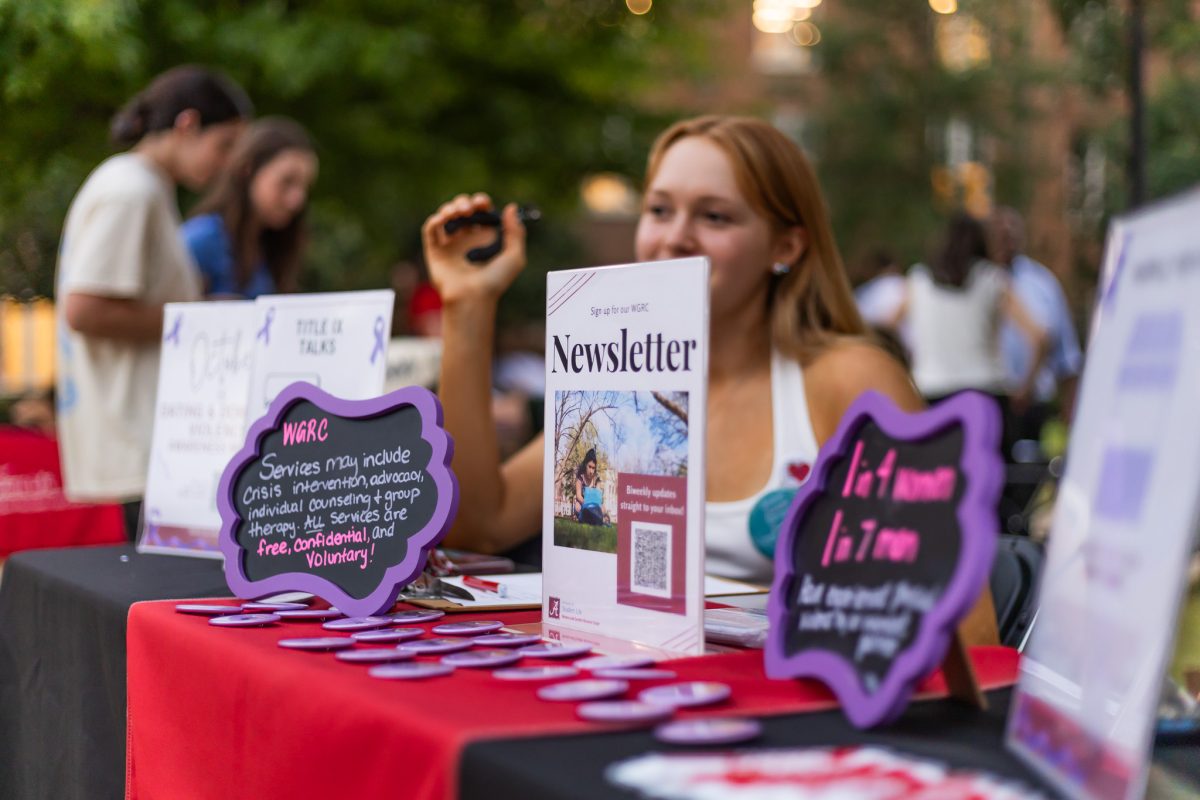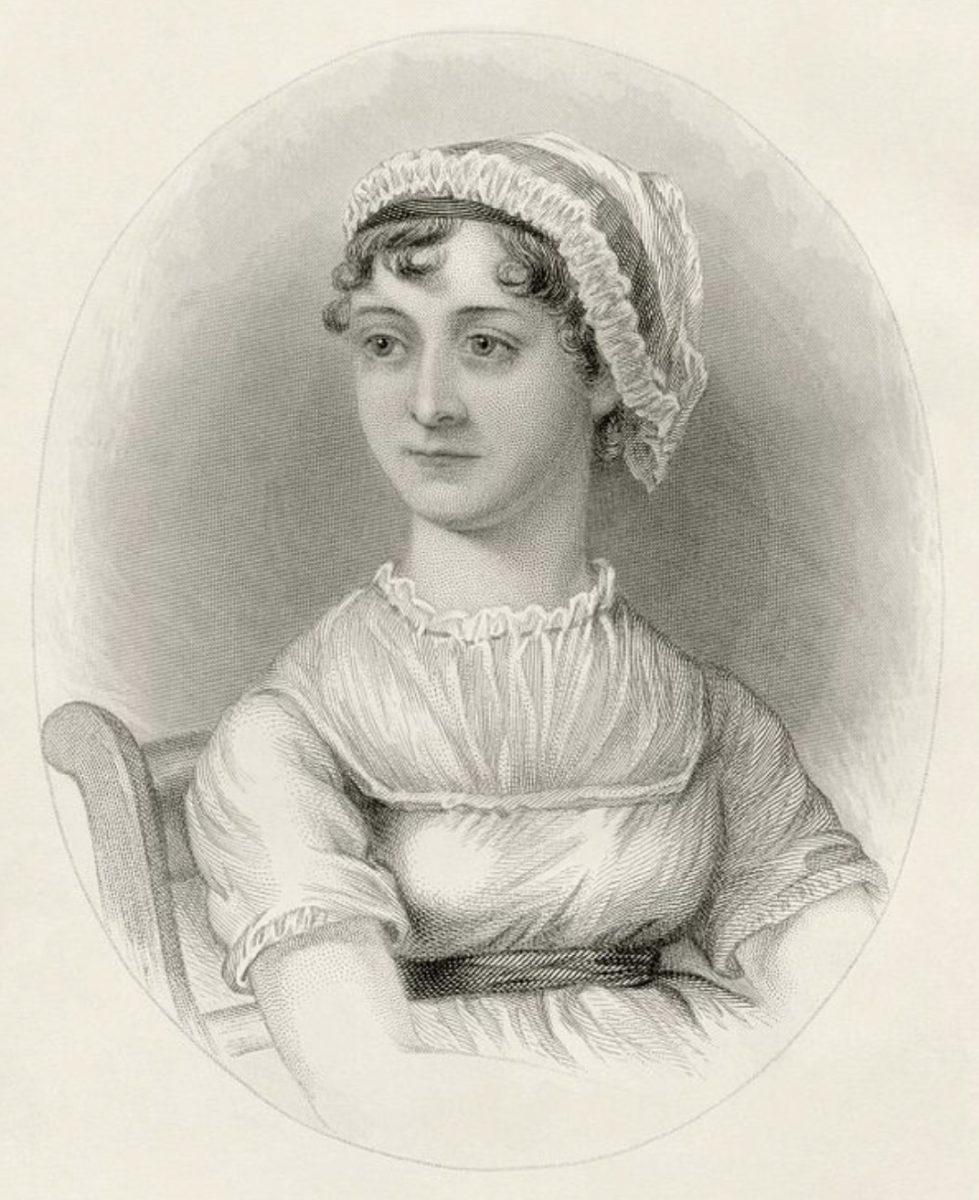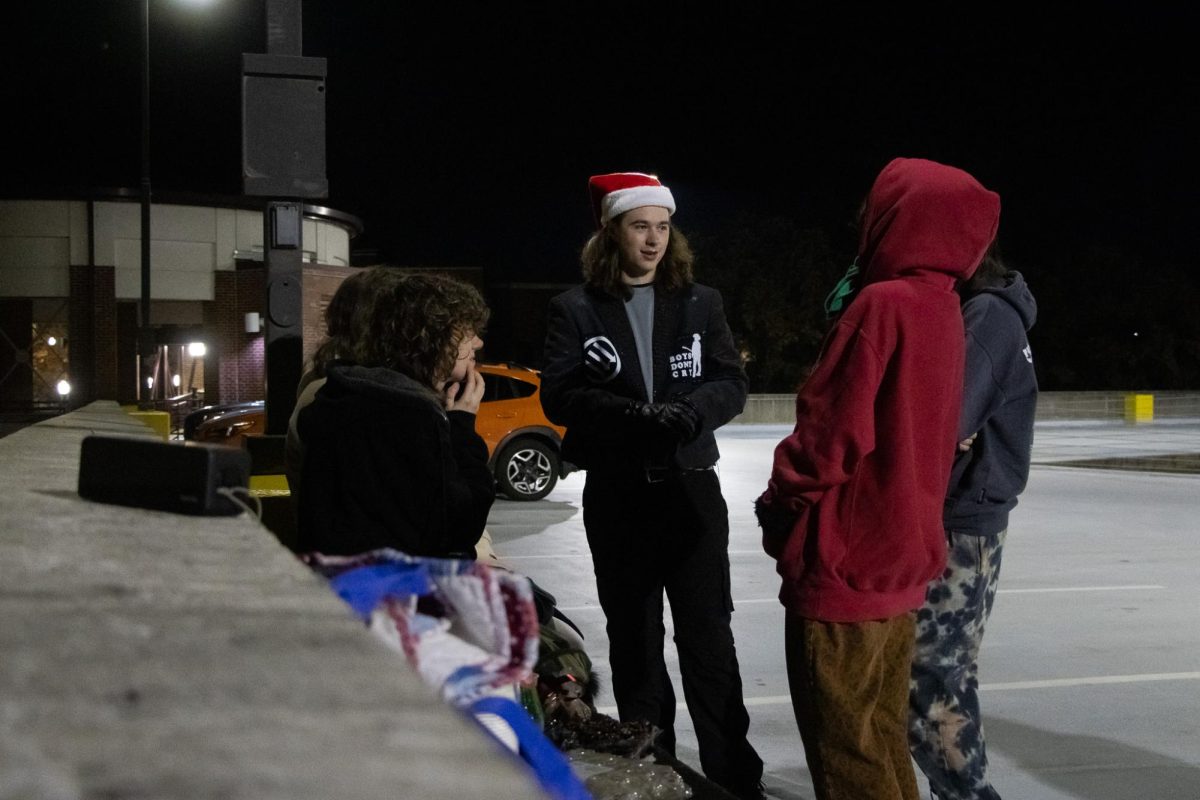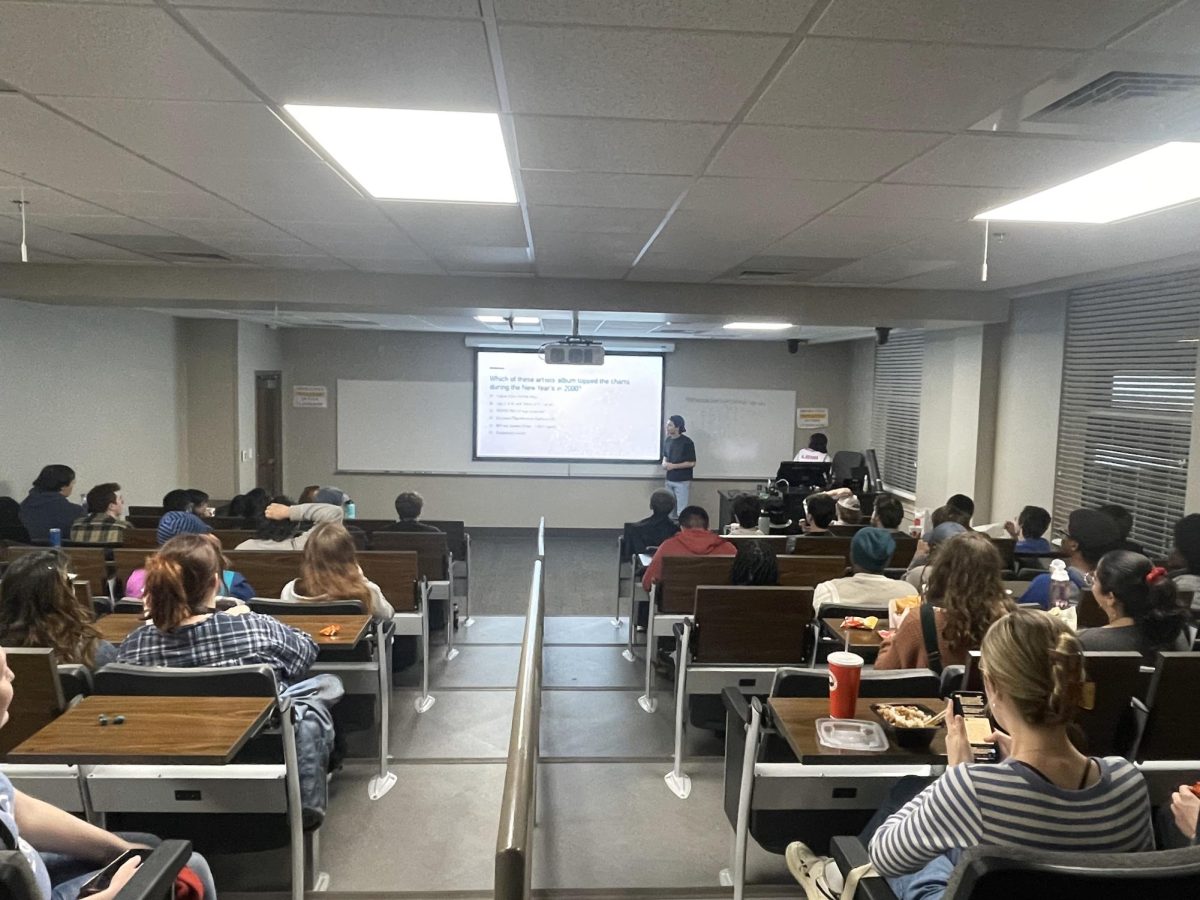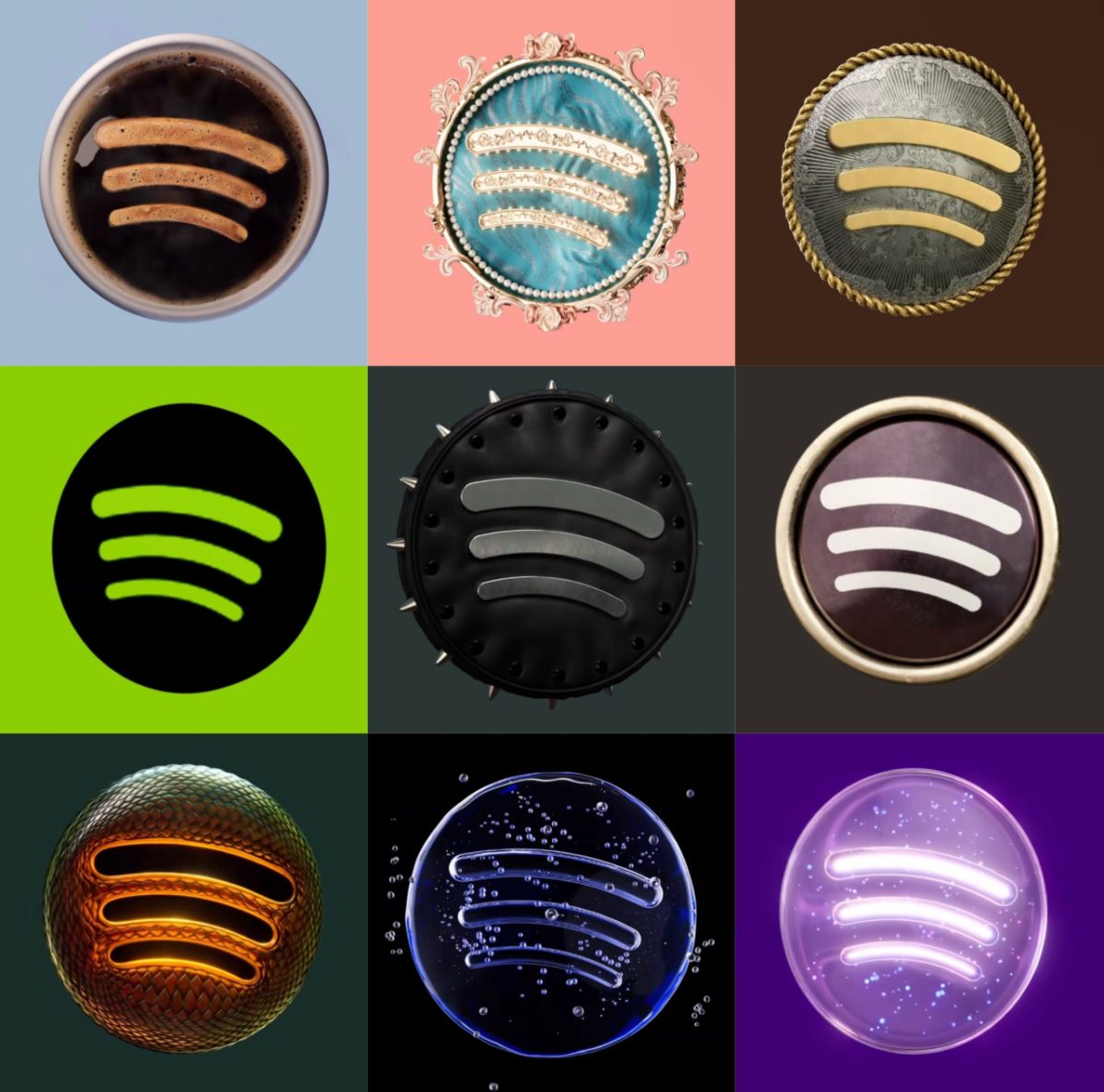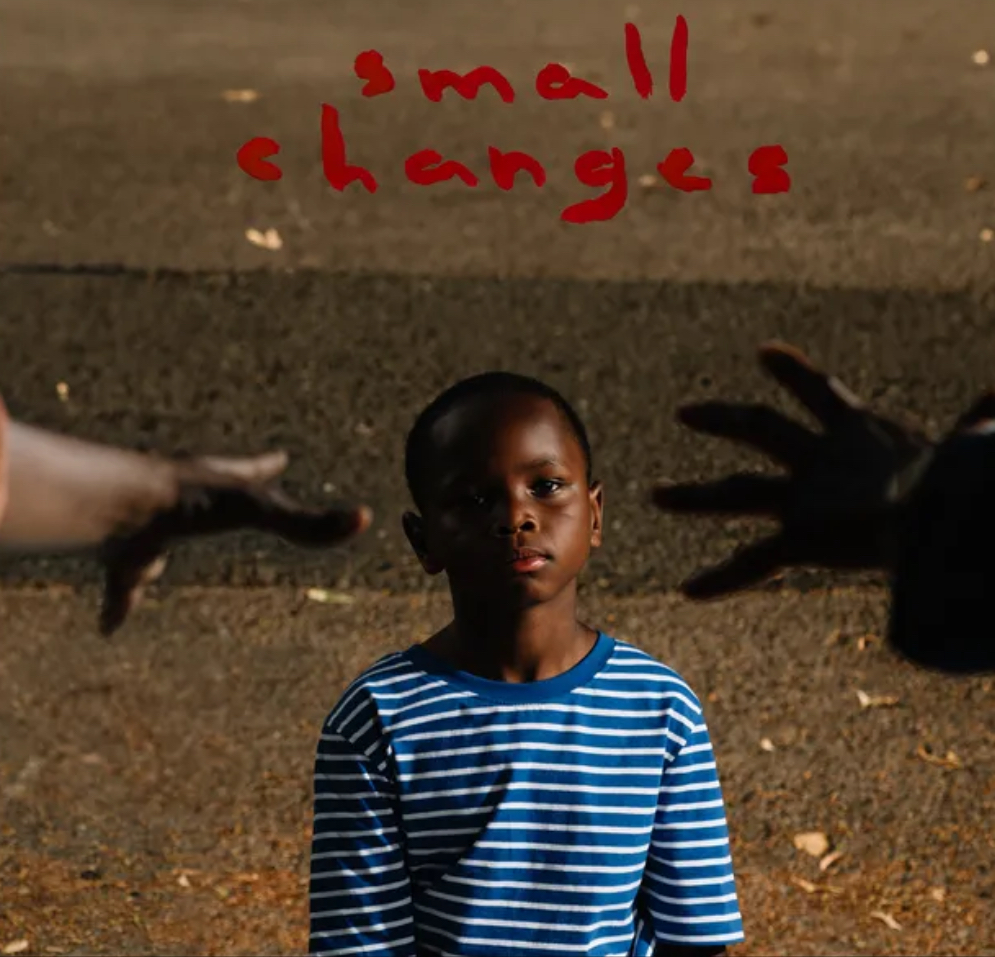The Women and Gender Resource Center hosted a campfire-themed safety fair for Dating and Domestic Violence Awareness Month at the University on Tuesday.
The campfire had around a dozen booths from on- and off-campus resources that provide free services for students. Students were provided with information and snacks in a supportive and empowering environment.
Turning Point Alabama, a Tuscaloosa organization that provides assistance to victims of relationship violence defines domestic violence as a “pattern of abusive behavior in any relationship to gain or maintain power and control over someone.” In Alabama, domestic violence does not have to be between two romantic partners but can be between certain family members, roommates or household members.
The WGRC supports students who have been victims of gender-based or domestic violence by offering legal assistance and free counseling. The organization also provides programming regarding mental and physical health and offers a free library with books about gender, sexuality and relationships.
Jessica Humber, Title IX coordinator with the Office of Equal Opportunity, represented her organization at the campfire. The office receives and investigates reports of protected class harassment and discrimination, including things like dating and domestic violence. If students want to report a crime, they can either do it online on the Office of Equal Opportunity’s website or in person at its office in Capital Hall.
Humber said the Office of Equal Opportunity is asking UA students to become active bystanders in order to prevent domestic and dating violence from occurring. The office asks students to practice active bystander intervention when they see a potentially abusive situation occurring, which can be as simple as calling the police.
The University of Alabama School of Law had a table at the campfire and advertised one of its underused resources. The UA Domestic Violence Law Clinic provides free and comprehensive legal assistance around matters relating to domestic violence for all UA students and Tuscaloosa residents, including helping students attain Protection From Abuse orders.
People who go to the law clinic for legal assistance will be represented by third-year students at the law school. Beth Crutchfield, the interim director of the Domestic Violence Clinic, outlined the process for a Tuscaloosa resident who is looking for legal assistance.
“They [Tuscaloosa residents] would contact us and set up a time to come in and meet with our students, who would do an intake. Then following the intake, we would survey the situation and see if it’s a case that we could take,” Crutchfield said.
Kai Ross is a social work intern at UA Law’s Domestic Violence Clinic who helps people seeking legal representation find non-legal resources.
“When we do intake with a client, I’ll talk to them and see what services they need outside of legal representation. That could include child support, including a child support order, finding where to get diapers, finding food banks and things like that,” Ross said.
Mauren Schindler is a crisis call specialist who represented Turning Point Alabama at the campfire.
“Turning Point is a domestic violence and sexual assault services provider in the state of Alabama,” Schindler said. “We offer all kinds of services free of charge to our clientele. It’s everything from group and individual counseling to emergency shelter. We also do court advocacy and victim advocacy. We do a little bit of everything including community training.”
Schindler said that Turning Point is in the process of setting up “bringing in the bystander” trainings on campus, which will be sessions teaching students how to be active bystanders and promote healthy relationships and safety on campus. Each session will be open to up to 40 students.
Christiana Coker is a sophomore majoring in neuroscience who interns with Turning Point.
“Turning Point has really opened my mind to the different degrees of domestic violence and the resources that there are for students suffering from domestic violence,” Coker said about her experience working with Turning Point.
Last month, Coker helped run a recurring event called Girls Night In, which is provided for residents of Turning Point’s domestic violence shelter.
“It’s an event we put on to try and get residents away from the stress of their lives and take a little break. They get to eat some snacks, play some games and bond a little bit,” Coker said.
Coker encourages all UA students regardless of major to get involved with Turning Point, saying that it has opportunities for students on all career paths.
“It’s a really great opportunity to learn more about domestic violence and be involved in the community,” Coker said.
If you or someone you know has experienced dating or domestic violence, please call 205-348-5454 and ask to speak with the WGRC advocate.



